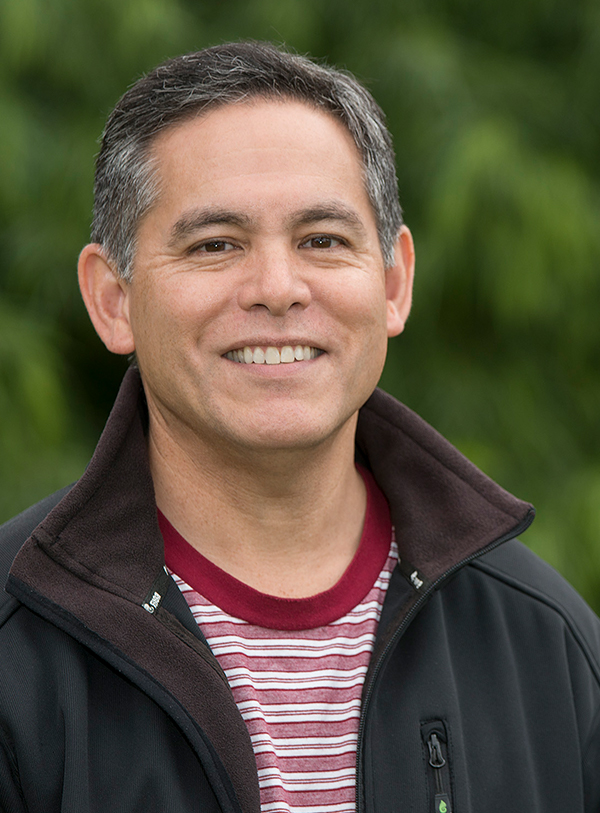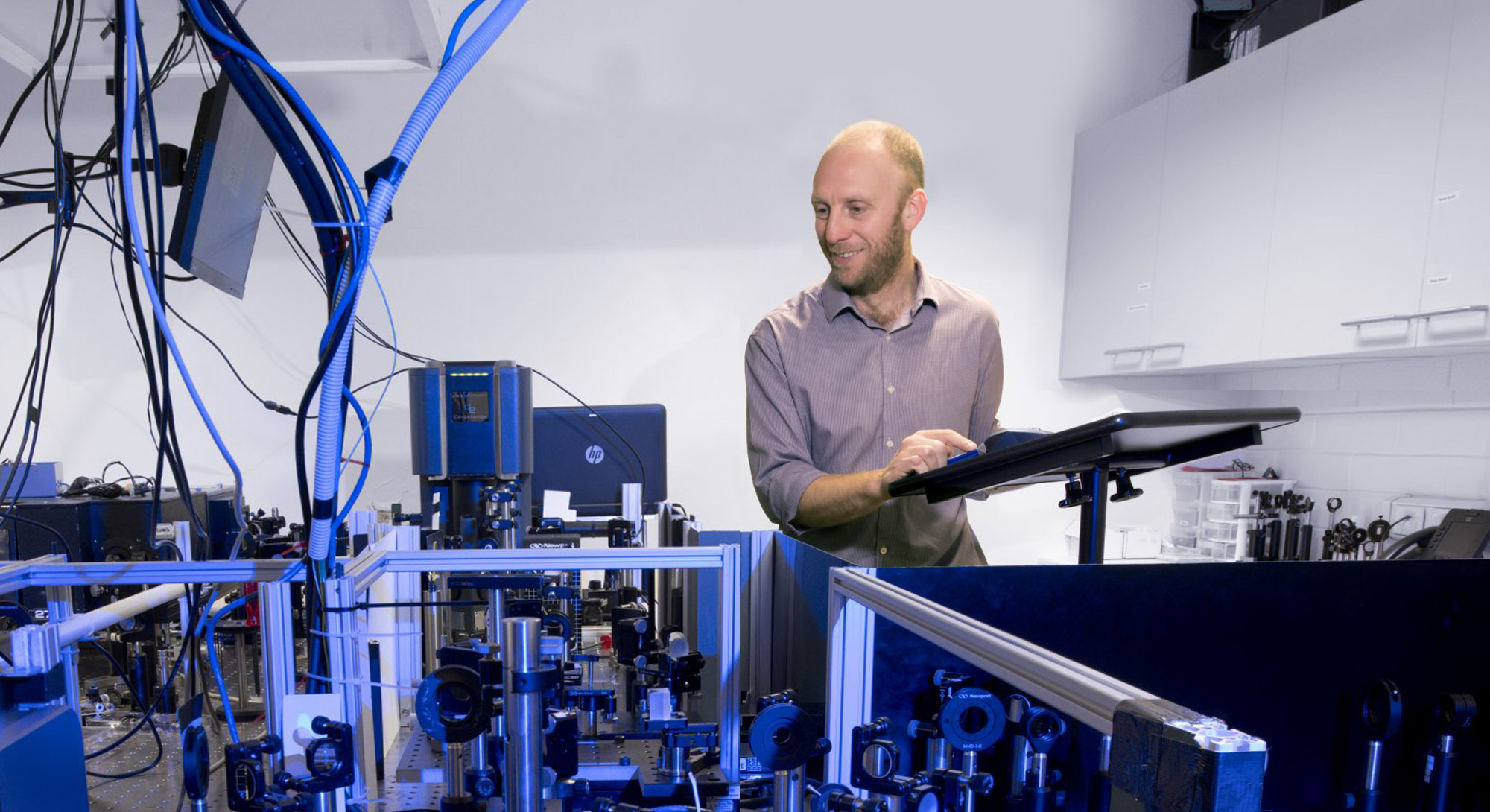FLEET physicists from Monash and UQ were finalists in the 2020 Australian Museum Eureka Prizes for their work on turbulence in 2D flow.
Light-transformed materials
Research theme 3
Prof Kris Helmerson
Leader, Research theme 3
Monash
Expertise: ultra-cold collisions of atoms, matter-wave optics, non-linear atoms dynamics, atomic gas superfluidity, atomtronics, non-linear atom optics
Research outputs (Kris Helmerson):
110+ papers
5100+ citations
h-index 33 (Scopus)

The ability to control materials driven into non-equilibrium behaviour opens up a vast landscape for future electronics.

‘Target identified’: teaching a machine how to identify imperfections in 2D materials
FLEET’s third research theme represents a paradigm shift in material engineering, in which materials are temporarily forced out of equilibrium.
The zero resistance paths for electrical current sought at FLEET can be created using two non-equilibrium mechanisms:
- Short (femtosecond), intense bursts of light temporarily forcing matter to adopt a new, distinct topological state.
- Dynamically-engineered dissipationless transport.
Very short, intense pulses of light are used to force materials to become topological insulators (see Research theme 1) or to shift into a superfluid state (see Research theme 2).
The forced state achieved is only temporary, but researchers learn an enormous amount about the fundamental physics of topological insulators and superfluids as they observe the material shifting between natural and forced states over a period of several microseconds.
By using ultra-short pulses to switch between the dissipationless-conducting and normal states, we can also create ultra-fast opto-electronic switching of this dissipationless current.
The second approach typically uses periodic perturbations (usually, optical) to modify the time-averaged behaviour of the system.
FLEET is the first and the only team to have made a hybrid condensate at cryogenic temperature
2021 highlights
- Applying machine learning to automate characterisation of atomically-thin materials (see case study)
- Directly measuring biexcitons in monolayer WS2
- Measuring the dynamics of quenched Fermi gas
- Developing theoretical understanding of the quantum behaviour of a heavy impurity in a Bose gas.
In 2022 FLEET will…
- Identify topological phase transitions in a Floquet system using terahertz spectroscopy
- Demonstrate Floquet control of bandstructure in graphene
- Investigate quench dynamics in a 2D Fermi gas near a p-wave Feshbach resonance
- Develop theoretical understanding of (Floquet) kicked-rotor system with spin-orbit coupling
- Image currents in 2D material using quantum microscopy
- Develop new theoretical approaches to model interactions between quantum impurities and quasi-particles.